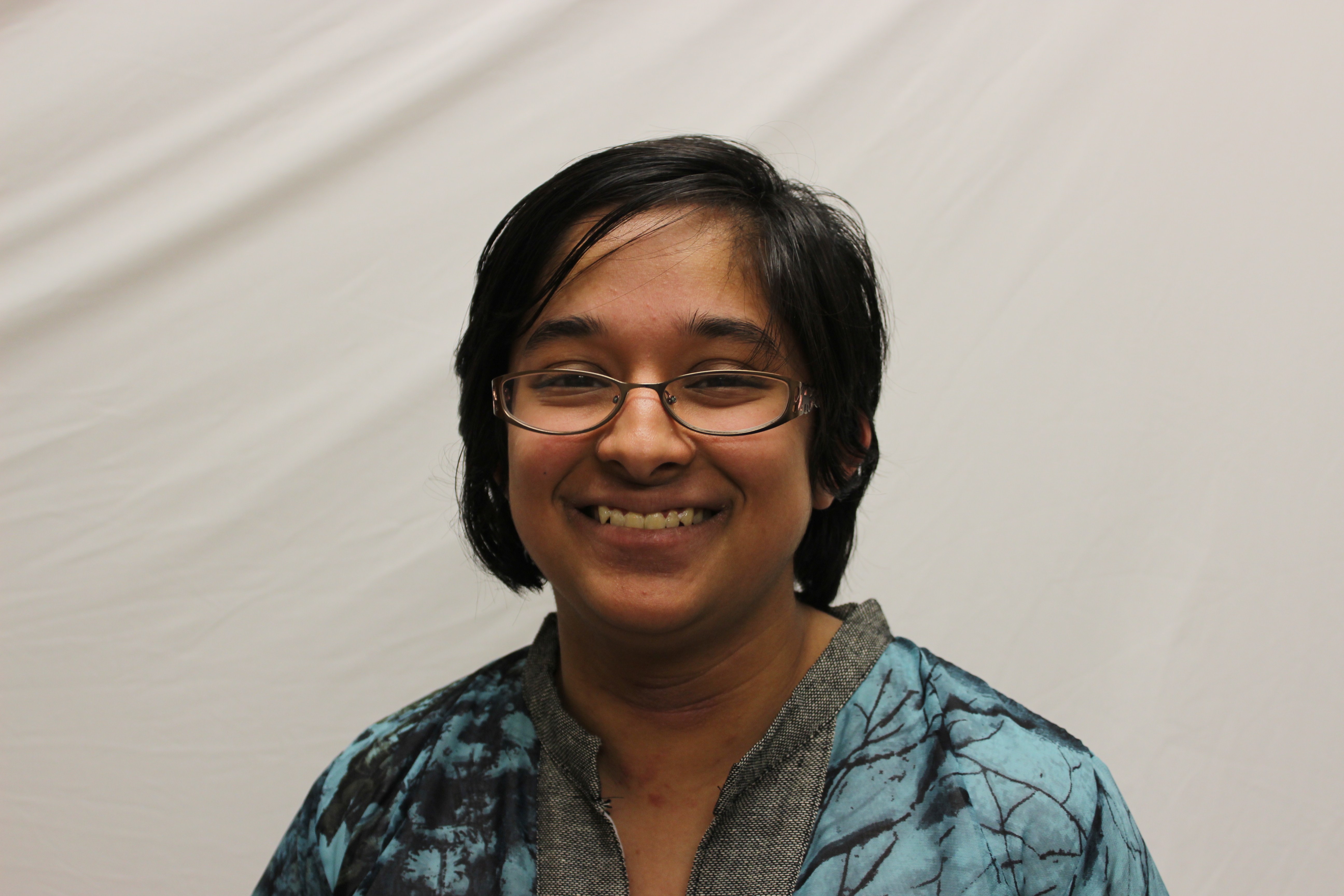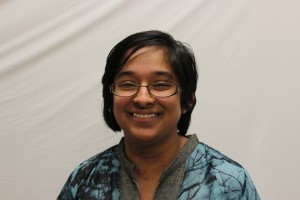

When I checked my inbox Monday, an email from the Multicultural Affairs Center caught my eye. It was about Asian-American Heritage Month, which usually is during the month of May, but had been moved to April because campus would be virtually empty during May. “Oh, nice,” I thought to myself, “Truman celebrates Asian-American heritage. I wonder what events we will have this year.”
There is only one event, and it focuses primarily on the East Asian experience with the model minority myth. I admit, I was pretty angry. Being South Asian, I’ve gotten a little frustrated by every person who either insists I’m not Asian — as if India wasn’t part of Asia — or completely ignores the South Asian experience when talking about Asia. So I took a trip over to Adair House — where the MAC is located — and spoke to Carol Bennett, the assistant dean of multicultural affairs, mostly because she was standing right there and willing to talk to me.
I asked her about the Asian American Heritage events — ready, honestly, to grill her about why Asian American Heritage Month seemed only to focus on East Asians. Instead, I learned something much more chilling.
The MAC often has tried to host diverse events — it partners with organizations like Namaste Nepal and tries to reach out to Asian students all over campus for events like Asian-American Heritage Month — but has seen depressingly low turnout rates. Students just don’t seem interested.
Now, as a graduating senior, that worries me. I have to admit, I often live under a very stressed out and overworked rock, but I’d love to attend more cultural and heritage events. It’s difficult to balance my schedule with all the events happening on campus, but I still try to make time to see speakers I think are interesting.
Here’s the thing — if no one is interested, then there’s no reason for the MAC to host any sort of event. And that’s a problem.
In her October 2009 TED Talk “The danger of a single story,” Chimamanda Ngozi Adichie talks about the dangers of only knowing one side of an experience. For Adichie, it was the single story that Africa was a poor continent. That Africa is an uneducated continent. That Africans are people who should be pitied.
“The single story creates stereotypes, and the problem with stereotypes is not that they are untrue, but that they are incomplete,” Adiche said in that TED Talk. “They make one story become the only story.”
MAC events — speakers, International Idol and Heritage Months — exist to tell the other side of the story. And if you’re not going, you’re not hearing the other side. And if you’re not hearing the other side, you’re feeding right into that single story.
By the time this article is published, the Asian American Heritage Month’s one event — “Asian American Experience and the (Un)Making of the Model Minority Myth” — will have ended. How many people were there to hear about the model minority myth and how it negatively affects Asians as a whole? How many people will be there to talk about mental health stigma and its association with the model minority myth?
I started my day angry because I was tired of people ignoring my Asian-American heritage simply because my country of origin isn’t in East Asia. I’m still angry about that. South Asians and Southeast Asians living in the United States are also subject to the model minority myth, and they also deal with a lot of untreated mental health issues because of the stress of conforming to the myth just to survive in a society that expects them to be the best.
I remember walking around campus a few weeks ago, conducting field interviews for the Around The Quad section of the Index — part of my job as the Opinions editor — and feeling incredibly proud as so many of my fellow students seemed to be focused on diversity in the student body and creating a more inclusive campus. But guess what? Inclusivity doesn’t mean a thing if you’re not making an active effort to attend events. The MAC exists to raise awareness about other cultures — to teach students about cultures other than their own — but if no one takes advantage of the resources it offers, then what’s the point?
Lately, the MAC has begun sending out regular emails informing students about upcoming events.
Regrettably, I will be graduating this semester, but this is my final challenge to you, fellow students — attend more campus events. Learn more about the diversity on this campus. If you’re really focused on diversity and inclusivity, then MAC events are just the resource for you. The more interest you show, the more events the MAC is likely to host, and the more inclusive campus will become.
UmmeKulsoom Arif is a senior justice systems major from St. Louis, Mo.
This editorial originally appeared in the April 7 Index.
